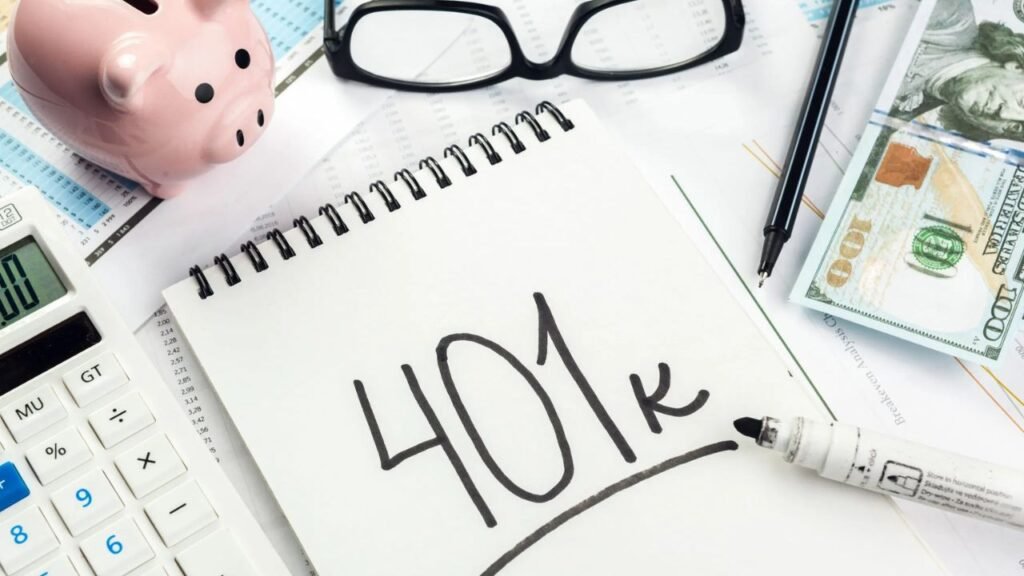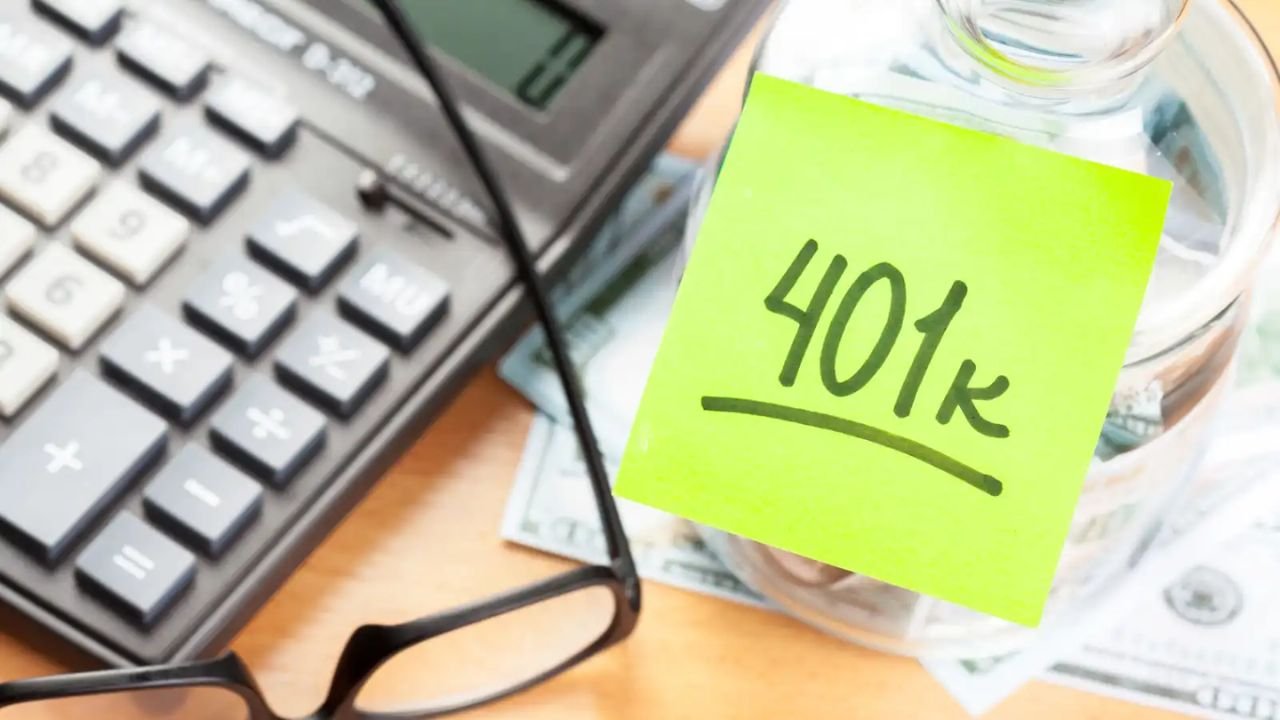A dramatic shakeup is looming in America’s retirement system as former President Donald Trump’s camp considers a sweeping policy change that could allow 401(k) account holders access to private market investments. From real estate and hedge funds to digital assets like cryptocurrencies, this reform could make investment opportunities once reserved for institutions and the ultra-wealthy available to millions of working Americans.
| Asset Option | Newly Eligible in 401(k)? | Potential Risks | Popularity Among Workers |
|---|---|---|---|
| Private Equity | Yes | High fees, illiquidity, opaque | Very high |
| Venture Capital | Yes | Complex structures, risk | High |
| Real Estate | Yes | Market cycles, high minimums | High |
| Hedge Funds | Yes | Leverage risk, fee drag | Moderate |
| Cryptocurrencies | Yes | Volatility, security | Moderate |
White House Push
This anticipated policy shift is expected to be initiated by executive order, building on groundwork laid in 2020 when the Department of Labor signaled that private equity products could be integrated within defined contribution plans. The new proposal will go further, providing formal guidance to fully open ERISA-compliant 401(k)s to asset classes including private equity, hedge funds, gold, real estate, and digital currencies. The change, if made official, would mean a vast new pool of investor capital flowing into these markets.
Workers Eager for Access, Surveys Reveal

Surveys underscore the appetite for broader investment menus. A 2024 poll by Empower Retirement found that 74% of employees want private investment options in their 401(k)s, with a similar majority believing such options could help them accumulate wealth like affluent investors. Roughly 72% say diversification beyond traditional stocks and bonds could lead to better retirement outcomes. The message is clear: Americans are ready for more control and choice in their retirement planning.
Proceeding with Caution
Despite robust enthusiasm, financial experts urge caution. Private market assets carry steep fees, low liquidity, and complex structures that most casual investors may not fully understand. Retirement savers face new dangers:
- High and layered management expenses
- Difficulty selling or valuing these assets quickly
- Potential for misleading performance expectations
Researchers like Gopi Shah Goda of the Brookings Institution warn that average 401(k) savers may lack the expertise to properly navigate these risks, especially without clear, ongoing education.
Employer Responsibility
For employers and plan sponsors, rolling out private market options means heightened due diligence. Companies must vet funds, provide clear disclosures, and fulfill rigorous legal duties under ERISA law. This could slow adoption, especially among smaller businesses. Large employers with substantial HR and compliance departments may be first to adopt, while smaller firms may wait for industry best practices and legal guidance before putting private investments on the menu.
Risk or Opportunity? The Debate Over Policy Modernization
Trump’s proposed reform marks a fundamental evolution in U.S. retirement savings. By granting everyday savers access to the world of private market investing, the plan promises democratization of formerly exclusive wealth-building strategies. Yet, the legacy of the policy will depend heavily on how plan sponsors, regulators, and investors handle educational challenges, safeguard participants, and monitor outcomes in the face of new financial complexities.
Potential Milestone in Retirement Policy
If implemented as currently envisioned, Trump’s 401(k) overhaul would constitute one of the most significant changes to American retirement law in more than a generation. It promises both opportunity and heightened responsibility, signaling a shift toward more individualized, market-oriented retirement planning that could reshape how Americans build security for their futures.

